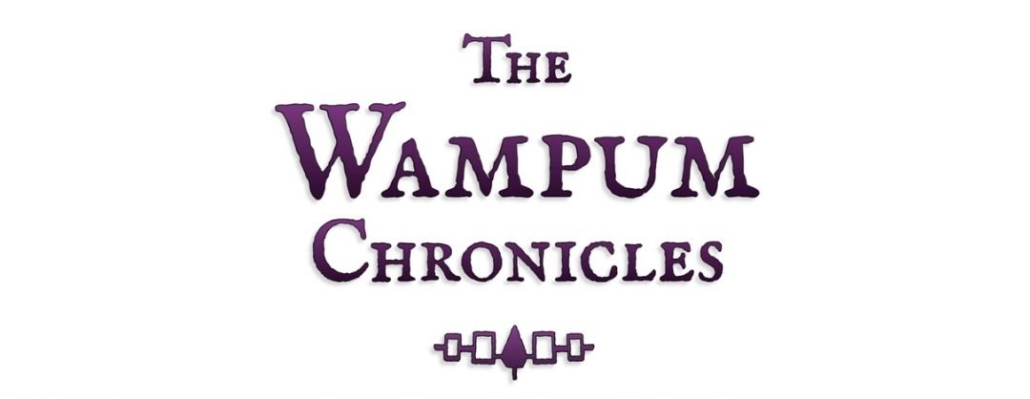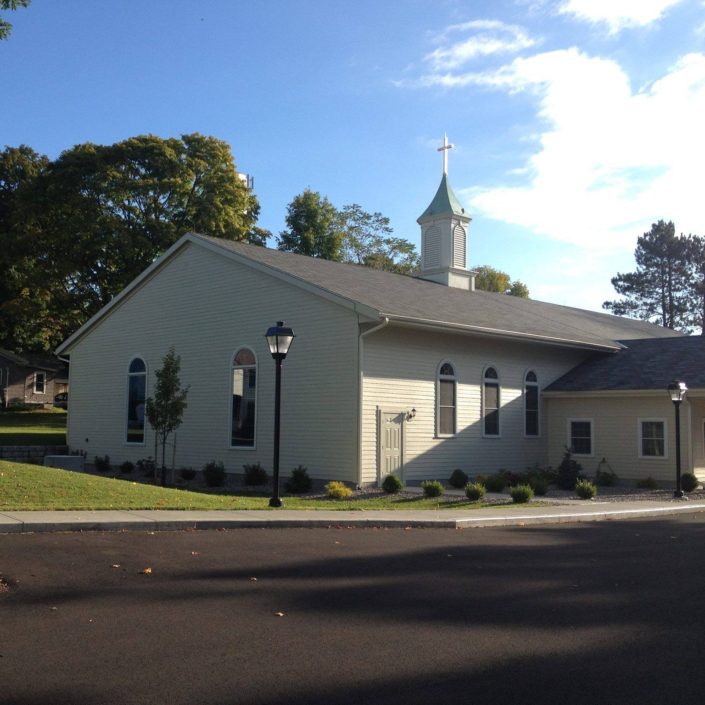
Louis Cook: A French and Indian Warrior
(Originally published in The People’s Voice, September 16, 2005)
Written by Darren Bonaparte
When reading the existing literature about the French and Indian War, one finds references to many of the personalities who fought in the conflict, such as George Washington, James Wolfe, Marquis de Montcalm, Sir William Johnson, and the occasional native chiefs like King Hendrick. Very rarely do you hear about the average, everyday warriors who fought in the conflict. In the hands of non-native historians, they are relegated to the background, and only emerge from the shadows to add an element of terror to the mix.
With that in mind, it is surprising to find that at least one of our warriors did stand out from the crowd of painted, scalp-locked “Indians.” As one who knew him personally, Eleazer Williams documented the life of Atiatonharonkwen, alias Colonel Louis Cook, in the mid-1800’s, and it is from his biography (preserved in the Papers of Franklin B. Hough in the New York State Archives) that we find the following information about his early years:
Lewis Cook
Leut. Col Lewis Cook must have been born about 1737 at Saratago. His father was coloured man & his mother an Indian woman of the Mohigan or abaniquis tribe. The attack made on Saratogo by the french & Indians in November 1745, the parents of young Lewis were among the captives. A french officer Mr Le Corn [Brother of the noted St. Luke Le Corn] seized the Boy and would claim him as his captivated property. But his mother unceasingly cry out “Uh Nihawa” i.e. “He is my child” —No-no,” said the officer, “he is a Negro and he is mine.” The afflicted mother made an appeal to the Iroquois chief warriors for the restoration of her child-who immediately demanded of the officer to deliver up the child to them as one of their own people, who reluctantly gave up his prize. The mother, out of gratitude to her Iroquois friends would accompany them with her child, on their return to their country. She lived & died at Cahnawaga, and after her death, the Jesuit father of that Mission, persuaded young Lewis to reside with him as his attendant, which was accepted. Here Lewis acquired the french language of which he spoke with ease. He grew up pretty much as other Indians Boys of the place. He was early discovered as having inquisitive mind. In his youth he was often seen in councils to hear the orators of the day and to learn the object of their deliberations. From these councils, he often said his old age, that “he learned the Lessons of [wisdom].” Living as he did with the Jesuit father of the Mission, he was taught the faith of the Romish church, and was somewhat partial to its mode of worship yet he did not believe all her dogmas &. was liberal towards other religious sects.
The war which commenced in 1755, between Great Britain & France, Lewis was among the Indian warriors on the side of the french who were detached to watch the movements of the English on the Lake George. Early in the spring of 1756, he being in the vicinity of Ticondaroga and was one of the scouting party and out to spy out the enemy, and was met by the English under Major Rogers who, were on a similar errand, a skirmish ensued. The contest was maintained with a great obstinency by both parties for nearly one hour but finally, they seperated. In this affair, Lewis was wounded which troubled him for a considerable time. From this period, he was considered to be a warrior of the first order as to courage & bravery.
He was with the french troops at the depot of General Braddocks on Ohio, where a french officer was saved by the brave and skillful conduct of Lewis. He was also at the taking of Fort Oswego with General Montcalm in 1756. In 1758, but few of the Iroquois warriors had reached the fortress of Ticonderago, when General Abercrombie appeared before it, with 7000 British regulars & ten thousand colonial troops –
In this unequal engagement, Lewis was for the first time, made a commander of the Iroquois party and the choice was not misplaced. General Montcalm and Chevalier de Levy commended him as a good soldier for the french and a brave warrior for the Indians. In April of 1760, he accompanied with the french army under Chevalier de Levy when an attempted was made by the french to retake Quebec and was engaged in the battle on the Plains of Abraham, where the English were defeated under Gen. Murray. After the conquest of Canada his war spirit entirely ceased—He once more, to gain his livelihood, resumed the chase. In the mean time, he was much respected by his Brethren, the Indians as well as the french, where ever he was known.
Lewis was so much attached to his old military friends, the french, he was never reconciled under the English Government. He would sigh, when speaking of the English conquest of Canada…
Of course, Eleazer Williams isn’t exactly the most reputable of sources, having once passed himself off as the long-lost heir to the throne of France, so we must take what he says about Cook with a grain of salt. There is probably no way to verify if Cook was present at the battles Williams mentioned, but as we will see in future installments, a great deal of what he wrote about Cook’s involvement in the American Revolution has been confirmed by several independent sources. These documents, written by men like General Phillip Schuyler and George Washington, confirm the importance of Atiatonharonkwen as a leader of native warriors and an officer in the Continental Army.
Next week: Louis Cook: A “Colonel” of Truth?
By Darren Bonaparte, historian and author of The Wampum Chronicles. Reprinted with permission.
Darren Bonaparte is a cultural historian from the Akwesasne First Nation. He is a frequent lecturer at schools, universities, museums, and historical sites in the United States and Canada. He has written four books, several articles, and the libretto for the McGill Chamber Orchestra’s Aboriginal Visions and Voices. Darren is a former chief of the Mohawk Council of Akwesasne. He is the creator of The Wampum Chronicles and historical advisor to film and television. He currently serves as the Director of the Tribal Historic Preservation Office of the Saint Regis Mohawk Tribe.















